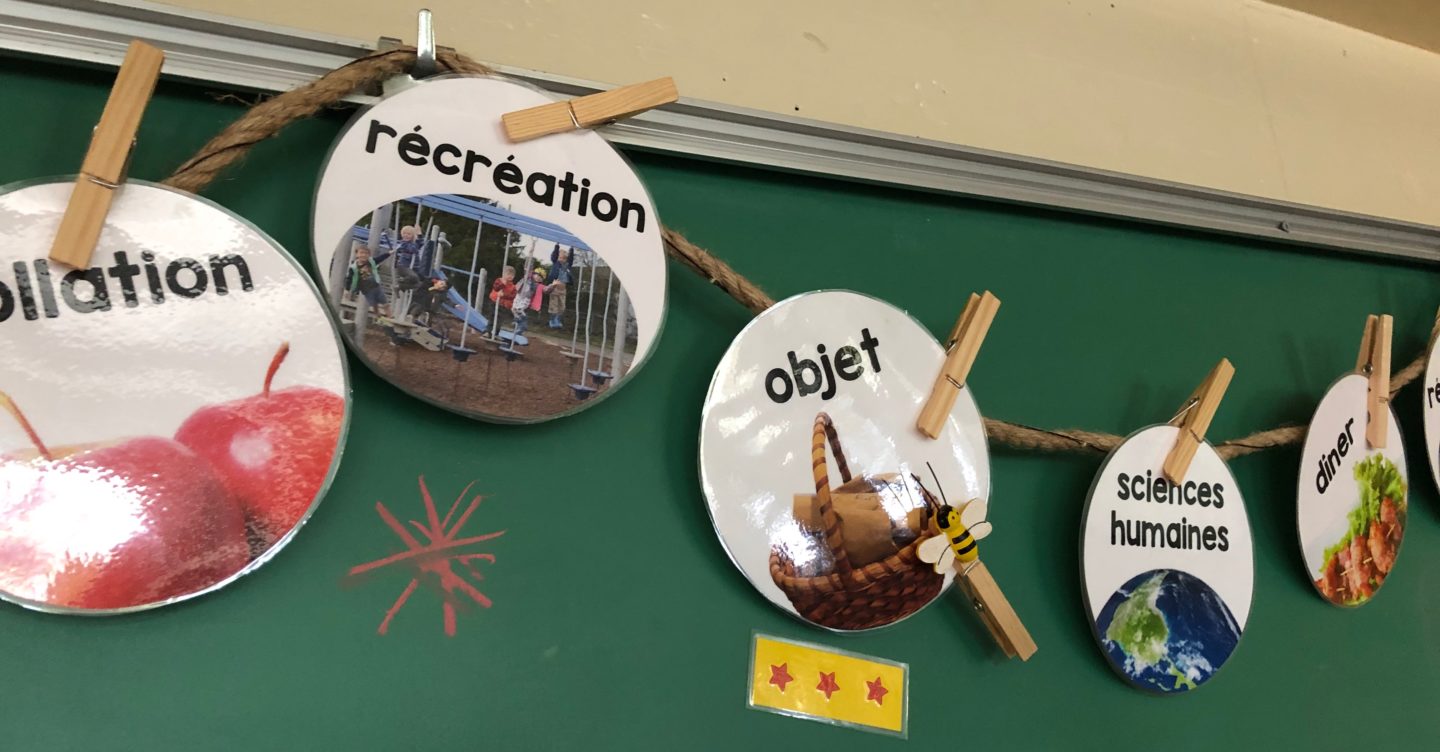
Speaking Routines (Part 2)
Once the learners are very confident during choral speaking times about the schedule, we need to put some power behind this knowledge and push it to conversational use. I describe the conversational use as more powerful because this is where the communicative purpose comes in. All of the rote talking needs to be leading somewhere, and that place needs to connect to a relational, communicative purpose.
Closed questions are a very important tool for scaffolding oral language production because the language needed to answer the question is presented in the question.
What does that sound like? Initially, these interactions usually revolve around closed questions. Closed questions are a very important tool for scaffolding oral language production because the language needed to answer the question is presented in the question. This type of questioning shows up in my practice extensively, as it helps learners speak (providing they are encouraged to speak in complete sentences). These questions could sound like: « Est-ce que la classe fait X en premier ou Y en premier? »
However, closed questions which create space for expressing preferences will be much more meaningful and interesting because they are connected to the learner (i.e. « Est-ce que tu aimes X ou Y »). Whenever an activity in the schedule offers choice, I use closed questions to support the decision making and the selection. For example, after lunch recess every day we have a quiet time. Kindergarten learners can choose between finishing their lunch or reading a book. In the fall, every child articulates their choice to me individually. As they are able, I encourage this selection be expressed to a partner rather than to me. The learners become the question askers and answerers for this routine. Not only is this faster, but the children are using their language for a communicative purpose (i.e. « Est-ce que tu choisis de manger ton dîner ou de lire un livre? … Je choisis de ___. »). These brief partner talk times also serve a dual purpose of strengthening relationships between classmates.
The more I look for these types of questions, the easier it has become for me to find them. Other partner talk questions about the schedule can include whether an activity is « facile ou difficile pour toi. » This quickly becomes a favourite question for partner talk about the schedule which encourages good listening. Young learners are naturally so empathetic, and this is something I make a point of nurturing. If something is difficult for your partner, how could you show them you care. How could you be a helper to your partner? Very quickly I begin to hear learners declaring « Je peux aider toi! » (Did you just cringe in hearing aider toi instead of t’aider? It’s okay if you did. How and when to correct learners is a hot topic; more on that in another post). If something is easy for your partner, how could you show them you notice and value their strengths? « Je vois que tu dessines très, très bien. » « Tu comptes très bien! »
